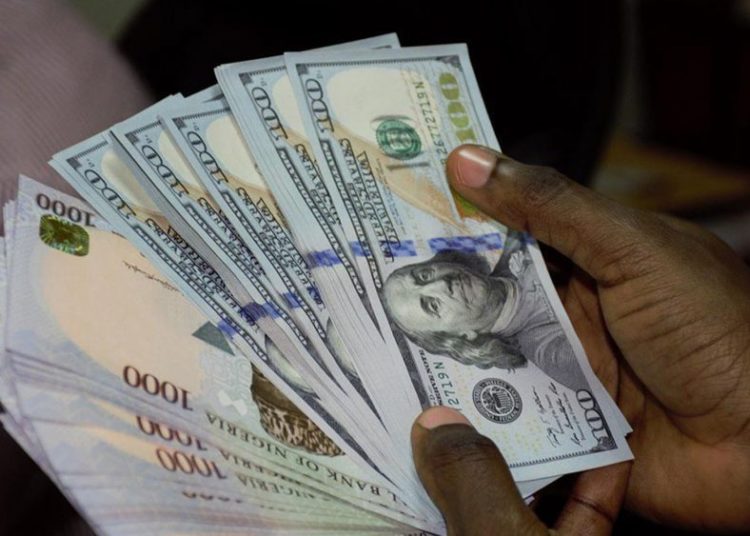Nigeria has long-standing trade relations with the United States. These relations have been affected by numerous factors, including political instability, currency fluctuations, and trade policies. One of the key factors that affect trade relations between the two countries is the US Dollar Index (DXY). In this article, we will explore how DXY impacts the Nigerian Naira, and the implications this has for businesses in Nigeria.
The Nigerian Naira
The Nigerian Naira is the official currency of Nigeria, and it is used in all transactions within the country. However, Nigeria is an import-dependent economy, and as such, the value of the Naira is heavily influenced by fluctuations in the value of foreign currencies, especially the US dollar. This is because Nigeria imports a significant portion of its goods and services from countries that use the US dollar as their primary currency, including the United States.
How the DXY Highlights the Relative Strength of the Dollar
The US dollar is the world’s primary reserve currency and the most widely used currency for international transactions. One of the ways in which the value of the US dollar is measured is through the US Dollar Index. The DXY is a weighted index that measures the value of the US dollar relative to other major currencies, including the Euro, Japanese Yen, and British Pound among others. As such, changes in the value of the DXY can have significant implications for businesses that trade with the United States, including those in Nigeria.
For example, when the value of the DXY is high, it means that the US dollar is strong relative to other currencies. This can make it more expensive for Nigerian businesses to import goods and services from the United States, as they will have to pay more Naira for every US dollar they exchange. This can lead to a decrease in demand for US products in Nigeria, as Nigerian businesses seek out cheaper alternatives from other countries.
On the other hand, when the value of the DXY is low, it means that the US dollar is weak relative to other currencies. This can make it cheaper for Nigerian businesses to import goods and services from the United States, as they will have to pay fewer Naira for every US dollar they exchange. This can lead to an increase in demand for US products in Nigeria, as Nigerian businesses take advantage of the favorable exchange rate.
However, it’s important to note that the relationship between DXY and the Nigerian Naira is not always straightforward. There are many other factors that can influence the value of the Naira, including Nigeria’s political and economic stability, its trade policies, and global economic conditions. As such, businesses in Nigeria need to consider a wide range of factors when making trading decisions, rather than relying solely on fluctuations in the DXY.
Nigeria’s trade relations with the United States are complex and influenced by a range of factors, including fluctuations in the value of the US dollar, as measured by the DXY. As an import-dependent economy, Nigeria is particularly vulnerable to changes in the value of foreign currencies, which can have significant implications for businesses that trade with the United States. However, it’s important for Nigerian businesses to consider a wide range of factors when making trading decisions, rather than relying solely on the value of the DXY. By taking a holistic approach to trading, Nigerian businesses can navigate the challenges and opportunities presented by fluctuations in the global economy.





